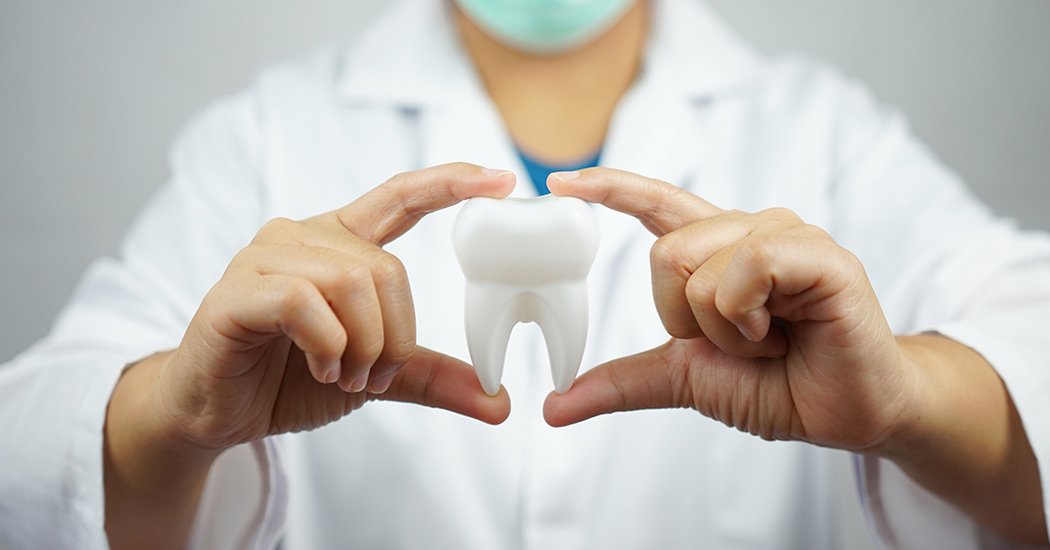- Call Today + 714-638-9370

Dr. Hong spends countless hours in continuing education every year to refine her particular set of skills with new developments and advancements in dental technologies. Dr. Hong is a Fellow of International Congress of Oral Implantology. Dr. Hong treats patients of all ages and truly enjoys all aspects of dentistry. She has an excellent bedside manner and does her best to make her patients feel comfortable during whole procedures.
Tooth extraction is the removal of a tooth and can be performed for various reasons, like:
Damaged Teeth If you have a damaged or broken tooth that your dental professional deems is beyond repair, they will likely recommend its removal.
Tooth Decay Likewise, if your tooth has decayed to the point that it can no longer be treated with a filling, root canal, or crown, it may be best for your oral health to have it pulled.
Periodontal Disease When bacteria build-up and form plaque underneath the gums, it can cause gum disease. Its severe form is called periodontal disease, and it can erode your gum tissue and bone. This can cause your teeth to loosen and potentially require their extraction.
Crowded Teeth If you have a smaller jaw that doesn't fit all of your teeth, if you have extra teeth, or if you have a tooth growing into or on top of the tooth next to it – your dental professional may extract a tooth to eliminate overcrowding.
1) What are Simple Tooth Extractions?
Simple tooth extractions are when a visible tooth is surgically removed from your mouth. Simple tooth extractions are performed for a variety of reasons, including the removal of:
2) What are Surgical Tooth Extractions?
Surgical tooth extractions are the removal of teeth from a patient’s mouth that have not yet erupted – or aren’t yet visible in the mouth. You might need a surgical tooth extraction if:
Surgical tooth extractions are more difficult oral surgery procedures because they involve cutting the gums and extracting the teeth from below the gumline.
You can expect some bleeding for up to 24 hours after your extraction, and you mustn't do anything to disturb the blood clot that forms in the socket where your tooth used to be. For most people, the pain tends to decrease after the third day. After about a week to ten days, granulation tissue forms, which protects the extraction site until bone can form there. You'll likely have a follow-up appointment after two weeks for your dental professional to assess your healing and to ensure you're on your way to a successful recovery.
If you're having a wisdom tooth extracted, the healing time may take longer. It could last several weeks, according to the American Association of Oral and Maxillofacial Surgeons.
The first two days after a tooth extraction is when the most aftercare and attention is needed. Here are some tips to make the most of this time:
Once your blood clot has formed, take these simple precautions to prevent other issues until your gum ha healed completely:
Copyright © 2023 Garden Family Dental